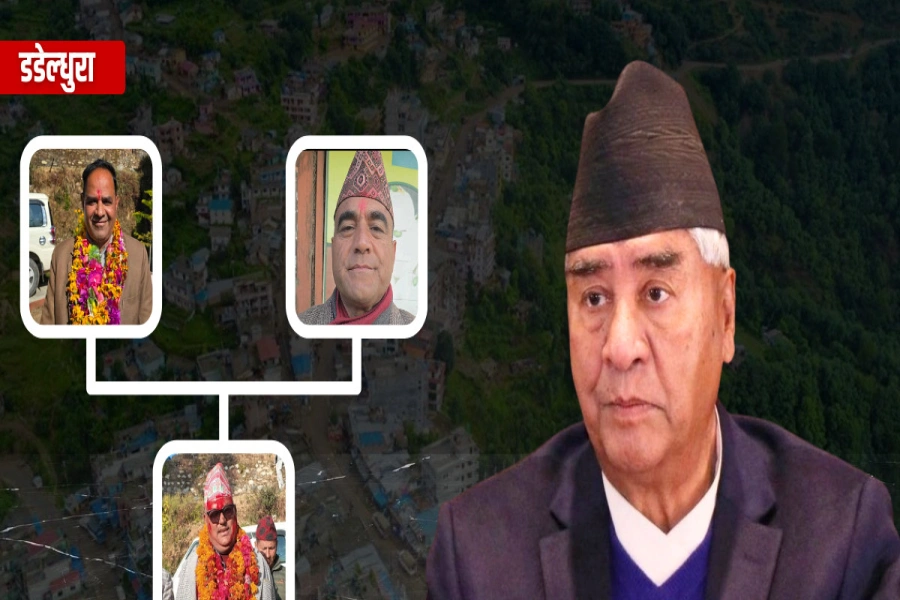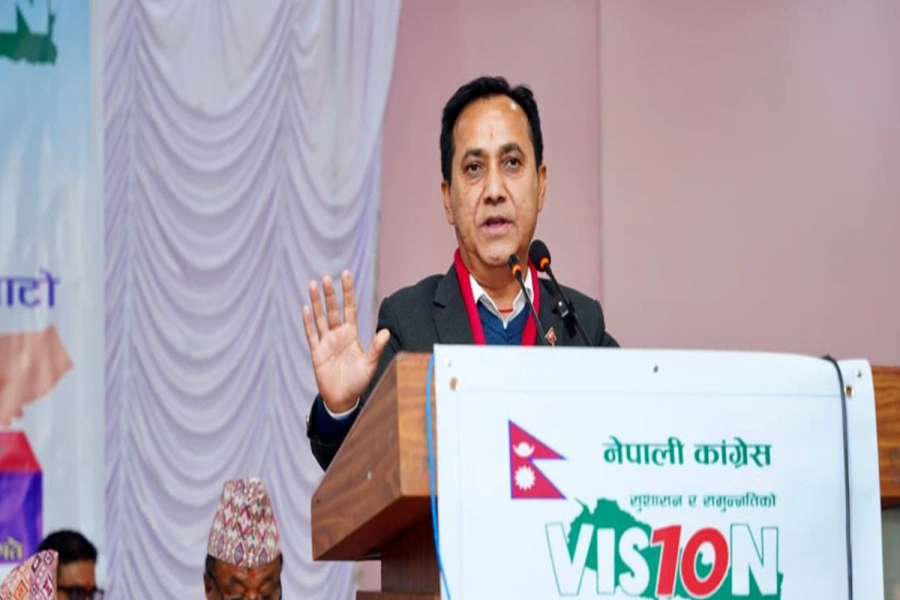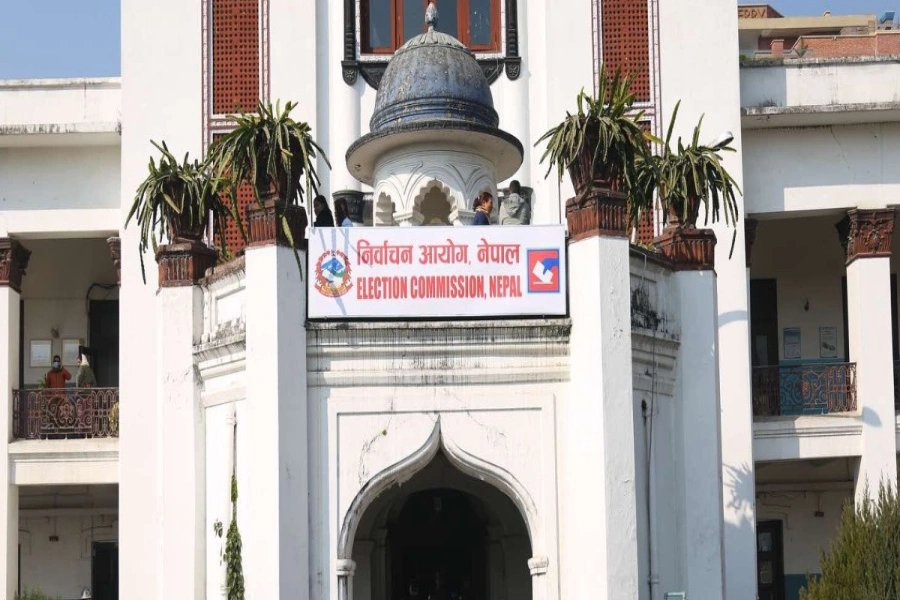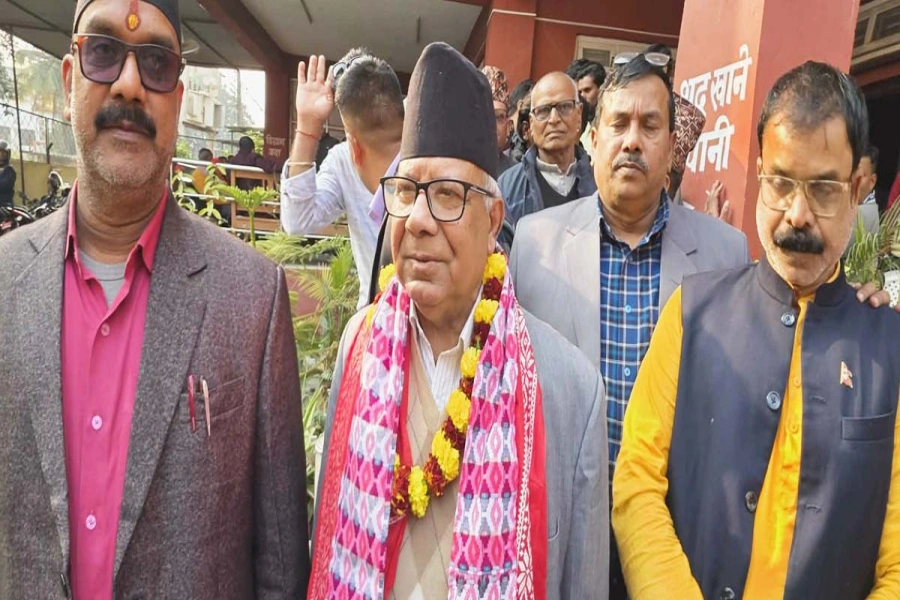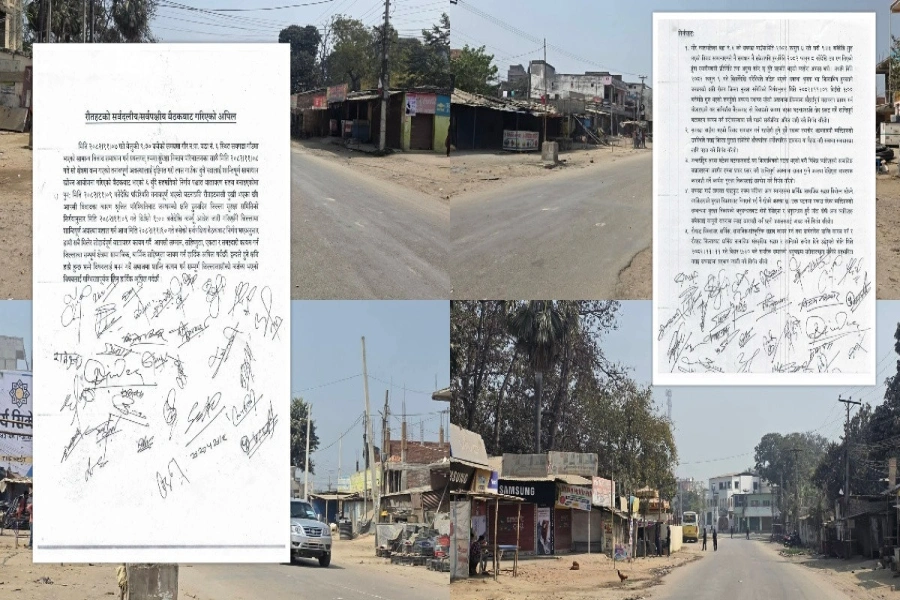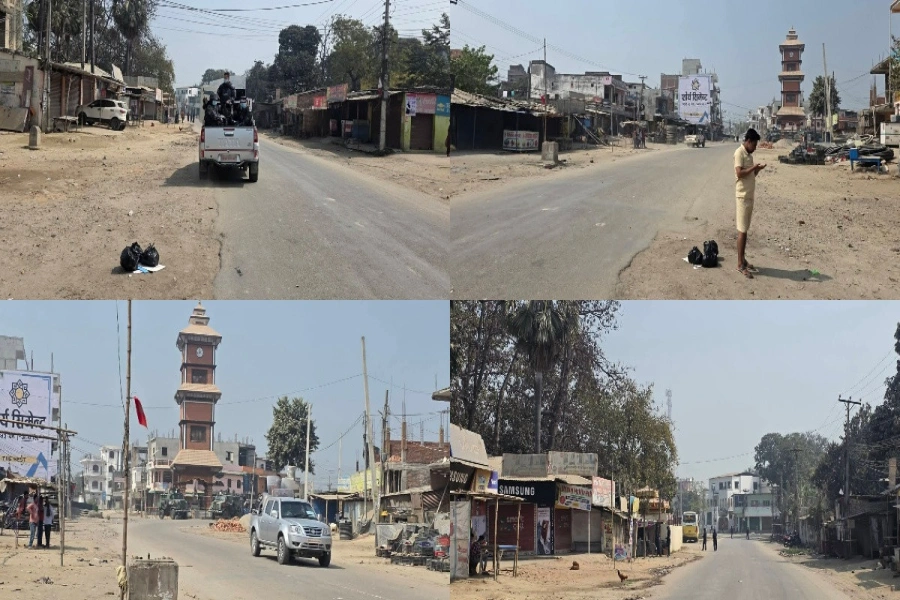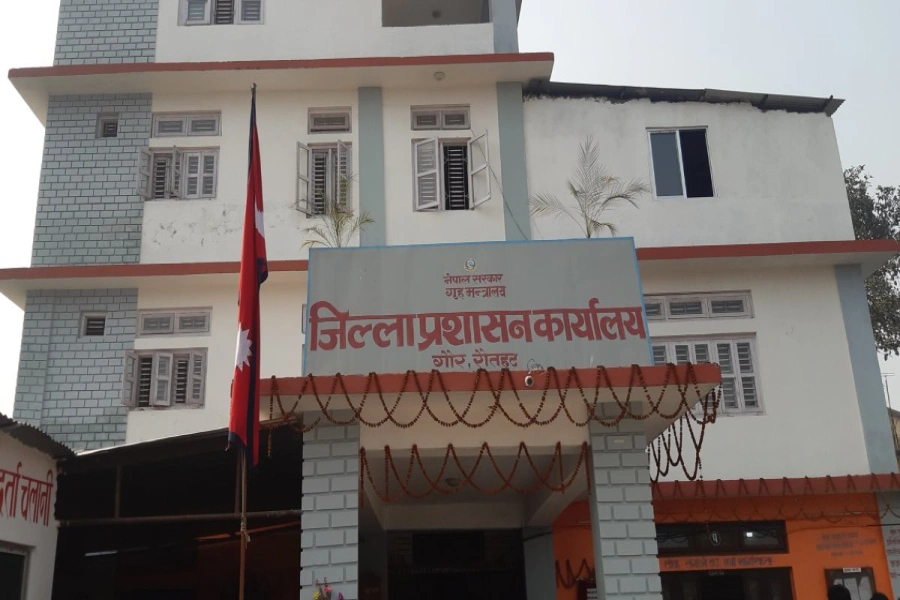Please issue an order, with immediate effect, to halt all quarry works running on both sides of Mahabharat hills in Chitwan and Dhading
Dear Honorable Population and Environmental Minister,
While I hope that this letter will find you in a good health and high spirit, I must tell you, I am neither in good health, nor high spirit. How can I be? For I am breathing in dust and my mind is shrouded with grotesque pictures of green hills turning into graveyards.
With due respect, I ask you to issue the order, with an immediate effect, to halt all the quarry works running on both sides of Mahabharat hills: Kollar of Shaktikhor in Chitwan, and Jabang of Jogimara in Dhading. And put full stop to all the proposed mining sites from starting excavation and punish those who are reaping from proposed graveyards.
A dreadful environment has surrounded the serene hills, affecting present and the future of the millions. As of today, the excavation work has caused locals health hazards and irreparable damage to natural habitats of over 305 species of birds including very rare 55 species of butter flies and more than 15 mammal species. And the destruction of green hills rich in medicinal plants.
Sites of violation
Quarry works are running in full speed on both sides of the green hills. On the northern part of Mahabharat hills, just above Trisuli River and west of Hugdi bazaar, a quarry work has started balding out green fields and forest-hills. The hill full of forest is being dug out just beneath Jabang, a Chepang village in Dhading. The quarry work continues with no regard for natural stream next to the mining site. A local told me that the whole village was going to move out of the area. As one can see from a far mining is eating away the northern part of the green hills and terraced fields where people have been living at least for 300 years.
People have now realized the mistake of selling their land to the quarry as they are witnessing the destruction of the hills they grew up with. But there is no one to help them correct the mistake, for the miners won’t listen to them. And among the terraced fields and villages bought in this part of the hills for the same purpose are Mauwa Khola and Dhanbase.
Honorable Pandit, the destruction tale is long. I am presenting only two based on the site observation during my recent birding hike in the hills.
On the southern side of the same Mahabharat hills, another limestone mining is taking place right beneath over 250 years old historical fort Upardang Gadhi. From what I calculated, the base of the fort is less than 700 meter, in straight line, to the west of the mining site. And about 100 meters to the north of the quarry site lies the base of the water reservoir hill and in the south lies the whole village of Kollar. Here, too, the quarry owners have bought more sites that are located in Supar and Rajban of Shaktikhor for the same purpose.
Lal Babu Pandit resigns from all executive posts of the UML

Affective scar
Honorable Pandit, I am talking about the hills that have been mothers to all the inhabitants, human and wildlife alike, for centuries. These hills have been sustaining lives before the unification of Nepal and are essential part of climate of Chitwan valley. Conservation of the hills is vital.
First, the excavation has caused threat to destruction of water resources and displacement of hill lives. One can see deforestation and land erosion caused by the mining work at Kollar. The mining site is just below the Shikarikhop water reservoir. The water reservoir is the only water source that has been sustaining lives of five villages and the wildlife in the surrounding forest.
The destruction of the hills and deforestation will destroy water source for Padampur village, as well as water source for villages like Jutpani and Pithuwa. The hills in the north are the source of all the streams flowing southwards, including Kayarkhola, Saktikhola, Khageri and more.
As of today, bee keeping and goat farming is prospering in the region. People need initiative for tea and coffee plantation. People want tea gardens and coffee groves in the hills, not their graveyards.
The lives in the hills can prosper if the government comes up with an initiative to develop tea gardens on the southern slopes and coffee groves on the northern side. The hills can be developed into tea states and coffee gardens.
Second, the historical fort of Upardang Gadhi will be wiped out in a couple of years if the mining work continues at this rate. Let me remind you, Honorable Sir, this is the one and only oldest historical heritage of Chitwan. Nothing remains to remind us of the history of Chitwan if the Upardang Gadhi is lost, because the second oldest statue at Bharatpur crossroad had been pulled down and thrown away into Narayani River some 12 years back.
Although the locals are complaining about the danger of the quarry works in the region, the government at national and the local levels are turning deaf ears. Is the government after erasing all traces of historical heritage in Chitwan? Thousands of students visit the fort every year and enjoy the view of the Himalayan range. Upardang Gadhi is the only area Pratap Singha Shah had added to his father’s expansion drive during his rule.
Third, the destruction of the surrounding hills has already caused a big threat to the hill forest which has recently been listed as an Important Bird and Biodiversity Area (IBA). The area is internationally recognized as Gadhi-Siraichuli IBA by Bird life International. It is the place of international significance for the conservation of birds and biodiversity.
Mining running on both sides of Mahabharat hills will, soon, wreck havoc on biodiversity of the region resulting into loss of habitat of vulnerable species of birds, which will mean disappearance of those birds, leading to delisting of recently recognized Gadhi Siraichuli from Important Bird and Biodiversity Area.
A field report published by Bird Life International states that “a quarry lies close to the IBA’s southern boundary, very near to the main site where Grey-crowned Prinia, a globally threatened bird species, has been recorded. The quarry increases the risk of land-slides and erosion which would threaten both wildlife habitats and local people’s livelihood.”
This is a matter of shame for Nepal, the country known for its conservation works and efforts. More bird species are being harmed and more damage is being done but nobody sees, nobody hears, but a birder like me. No NGOs working on conservation have spoken against this blatant rape of ecosystem.
These hills heal. The hills are rich in medicinal plants such as Indian trumpet tree (Tatelo), Refelxed dodder (Shikari lahara), long pepper (pipla), Bengal Pogostemon (Rudhilo) among others. The hills are looked upon as retreat hermitage of Chitwan. The hills are soon going to be the only safe and free breathing space for people of Province 3.
Tiresias mourns
Honorable Pandit, I am reminded of Tiresias, one of the major characters of Greek dramas. He is blind but sees the future very clearly and reports it to the people and the regime just to be booed down.
In a decade from now, the businessmen involved in these quarries will have enough money to buy resort in foreign countries. The politicians and bureaucrats who accepted the mining files will have made enough money for their children to enroll in the foreign colleges. But those of us who grew up with the green hills will helplessly witness destruction of Mahabharat hills and entire Chitwan doomed into a collective graveyard.
What will be left there for the future, if we don’t save the source of food and water today? How many people will prosper from this mining? Some politicians and businessmen? But thousands will suffer in a couple of years and millions in a decade.
These green hills function not only as wildlife corridor and bird habitats but also save the human settlement living beneath hills on both sides. If the quarry work is not stopped, this fall we will see Shaktikhor and surrounding villages being flooded and buried.
Am I asking for too much? All I am asking for is not to pollute the air we breathe and not to destroy the source of water thousands of people live on, and not to pull down home to rare and endangered species of birds. Dear Minister, if you find the details too difficult to understand, I offer you a hiking trip to these healing hills.
The author, an avid birder, trekker and life member of Bird Conservation Nepal, works at Samsara Safari, Bardiya National Park
preminnthapa@gmail.com




-1771752585.webp)











